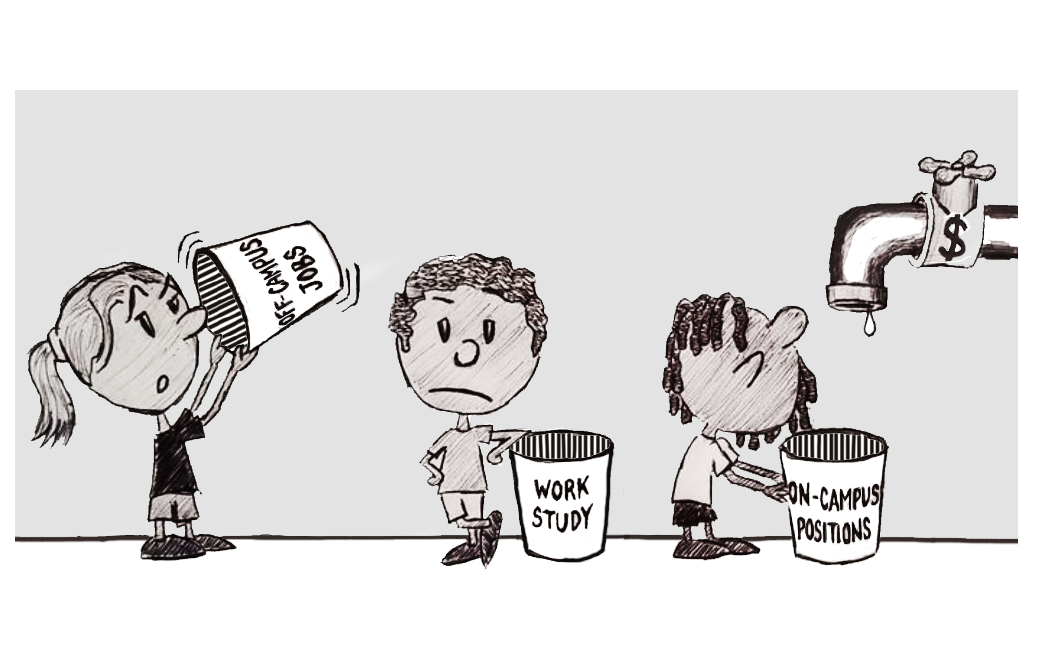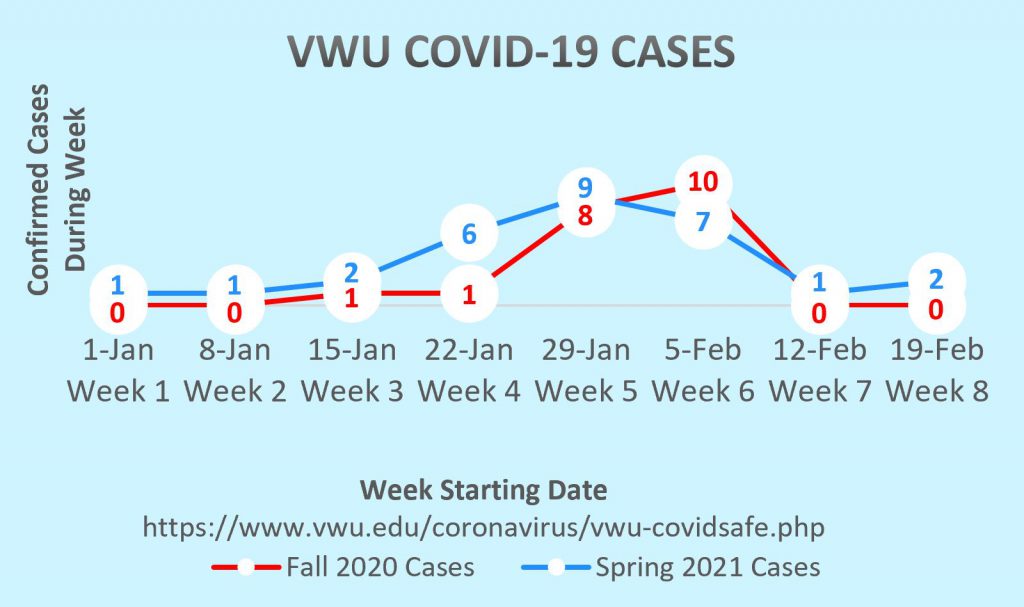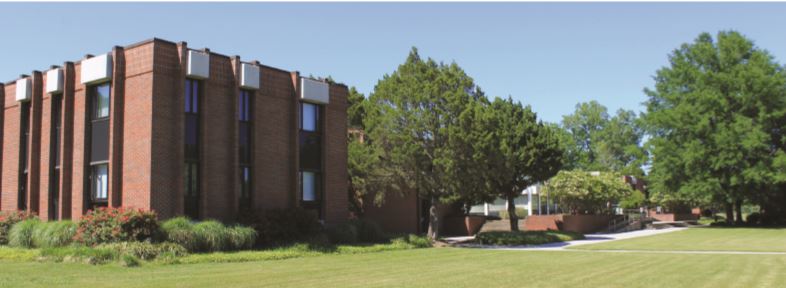With students leaving VWU to go back home, many have lost valuable income in positions both on- and off-campus.
The recent changes in the coronavirus’s spread and the consequent “stay at home” orders have resulted in changes in employment and financial hardship for many Virginia Wesleyan University students and faculty.
Many students rely on university employment not only to pay their bills, but to help support their families as well.
Senior Cora Wilson worked in the Marlin Ministries office as a work-study and in the Learning Center, in addition to an off-campus job at a local church.
“I went from having those jobs to none since I had to go home … I am considered high-risk and I work in retail,” Wilson said.
Additionally, because of the fact that the jobs were lost toward the end of the semester and around the time students must register for courses for fall, the lack of concessions made it difficult for some students to fulfill their financial responsibilities to the university. This has resulted in many being unable to register for courses despite having only a few hundred dollars remaining above the maximum balance permissible to register.
“The change in employment affects my income. By affecting my income it affects my family and the responsibility of payments,” junior Isaac Guzman said.
“I now don’t have an income but still have bills coming out of my account. This means I won’t be as prepared with some extra money when I go back to graduate school,” Wilson said.
With all of the loss of university employment in particular, it seems that students who depended on that check are just being left to improvise regarding their lost income.
“My employers are doing nothing to help out. I am just dwindling my bank account to cover my bills … I’m not mad at my individual bosses for this change, It is upsetting that the university won’t pay us for the hours we were supposed to have,” Wilson said.
As far as what other institutions are doing for their employees, an article in The Chronicle of Higher Education talked about the process of deciding what to do with workers who are no longer needed due to campus shutdowns.
The article details how many institutions are paying off their contracts, continuing to give their students and other indirect employees a paycheck for their lost hours. It also states that doing otherwise, as many institutions have, could bring about ethical issues by eliminating the expense of paying employees.
Instead, the article offers ways in which schools with smaller budgets could do right by their students’ employment. “Other, less-affluent institutions have taken less-draconian measures. Some have asked, not required, students to move home to their families, thereby sidestepping potential ethical and contractual issues,” the article added. “Still other institutions have resisted any and all changes in their operations.”
Beyond campus, other students who are considered “essential workers,” are also deeply affected by the university’s response and the way that remote courses are structured. Not only are they dealing with an online course schedule, which in many cases is more demanding than actually being at school, but with an increased burden in working hours and responsibilities.
Sophomore Meghan Pease is an Emergency Medical Technician for the City of Virginia Beach.
“I am still expected to keep up with my shifts, which puts myself at a greater risk for acquiring the virus. Because I’m back at home for the remainder of the semester, this also now puts my family (parents, sister, even my 4-year-old little brother) more susceptible to the virus too,” Pease said.
Pease shared that in response to the coronavirus, because emergency services are in a period of such peak demand due to the virus, all EMTs are expected to show up to each shift unless they are showing symptoms.
Pease also shared that the city is “trying to handle the pandemic as best as possible,” and has changed its response policy so that only one EMT comes into contact with each patient to minimize exposure risk.
Meghan and other first responders have also had to change what forms of personal protective equipment they have to wear during shifts. The city has increased its “stock of gloves, surgical masks, gowns, N-95 masks, goggles, bleach wipes, etc. for crew to wear in the event that a patient is at risk/showing symptoms for the coronavirus.”
Others, like freshman Alexander Bertrand, work in places like grocery stores which are deemed “essential.”
Bertrand, a front service clerk at a Publix store in Fredericksburg, VA has experienced changes in his workplace as well. “The store has begun to close earlier every day, our managers are encouraging us to work more hours and we are taking many more sanitation precautions.”
Additionally, Bertrand shared that the store has “installed plexiglass at all the checkout registers and we’ve begun to tape areas where customers stand in order to maintain social distance. We have begun to limit customers on how much of one thing they can buy; the biggest example obviously being toilet paper,” Bertrand said.
Dalton Powers
dmpowers@vwu.edu



